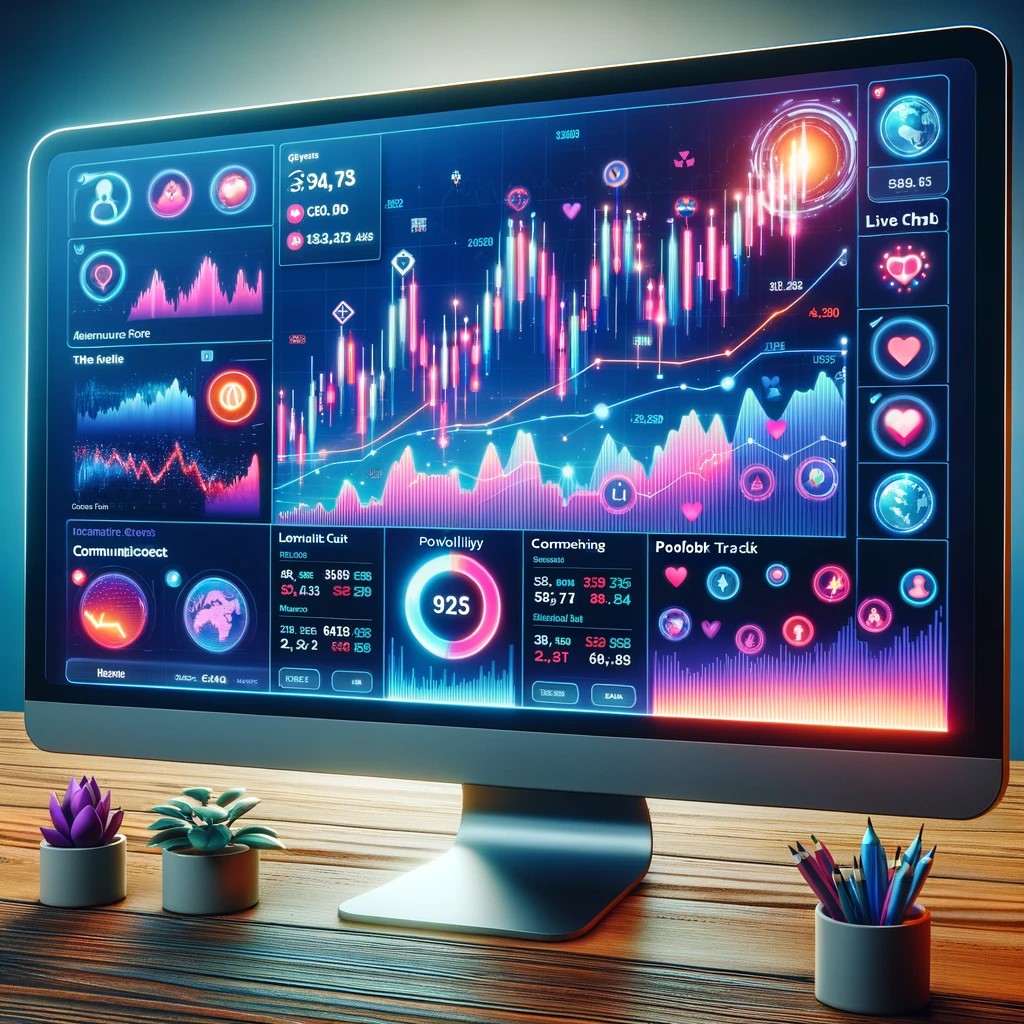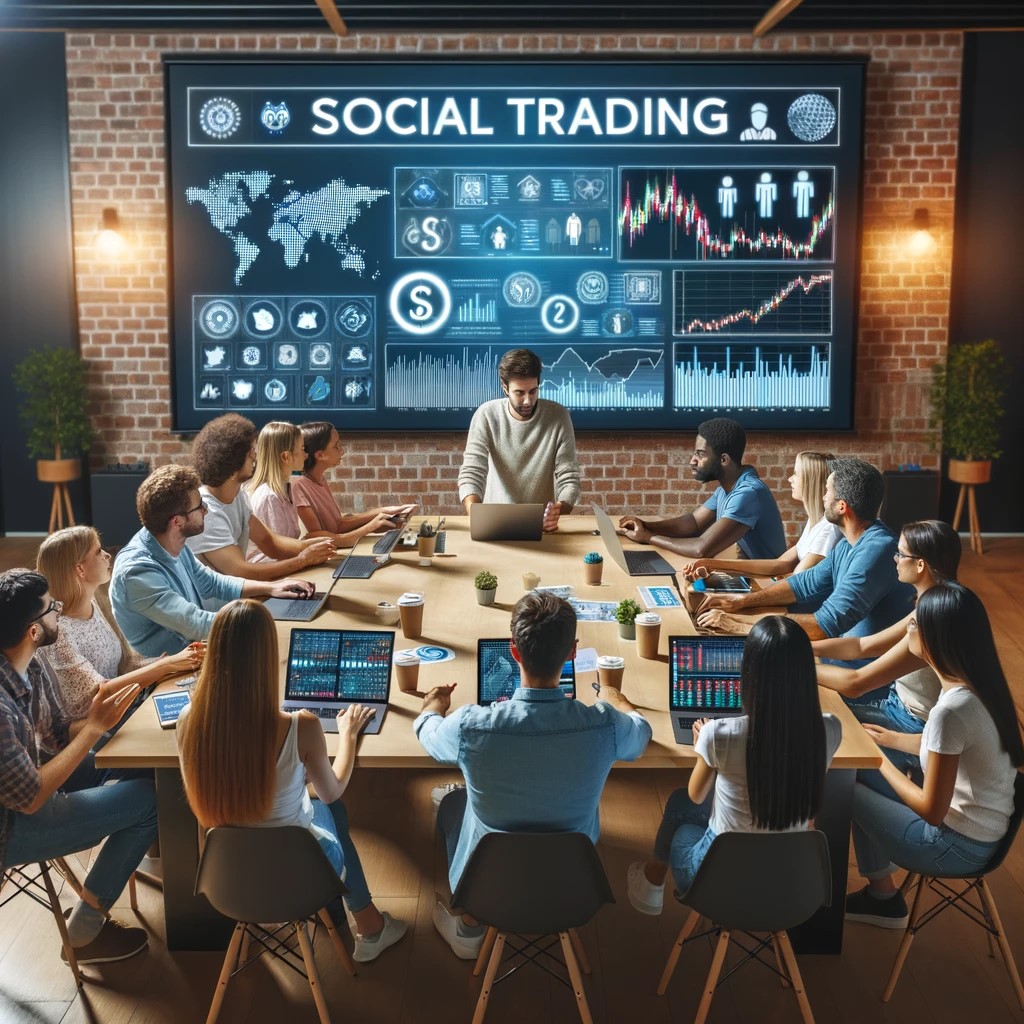Introduction
In recent years, the financial market has witnessed a transformative trend: the rise of social trading platforms. These platforms, blending elements of traditional investing with the connectivity of social media, are reshaping how individuals access and engage with financial markets. This article delves into the current landscape of social trading platforms, exploring their benefits, challenges, and what the future might hold.

Current Trends in Social Trading
Social trading platforms enable users to observe trading behaviors of their peers or experienced traders and to copy trades directly into their own accounts. This approach has democratized investment, making it more accessible to a broader audience.

Community Engagement: At the core of social trading is the community. Platforms like eToro or ZuluTrade thrive by fostering environments where traders can share strategies, discuss market conditions, and collectively enhance their understanding of financial instruments.
Transparency and Trust: Unlike traditional trading environments, social trading platforms provide a high level of transparency. Users can see real-time trading results of peers and mentors, which builds trust and confidence among community members.
Benefits and Challenges
While social trading platforms offer numerous advantages, they also present unique challenges that need to be addressed.
Benefits:
Educational Resources: Many platforms provide educational tools that help novice traders understand market dynamics. This educational aspect is crucial in building knowledgeable and responsible traders.
Diversification: Investors can diversify their trading strategies by following multiple traders with different approaches, reducing risk and potentially increasing returns.
Challenges:
Risk of Copy Trading: The ease of copying trades can lead novice traders to make uninformed decisions, relying too heavily on the actions of others without understanding underlying risks.
Market Manipulation: There is a potential risk of market manipulation as influential traders might sway less experienced users to follow trades that benefit the influencer, not the follower.
Future Predictions
The future of social trading platforms is likely to be influenced by technological advancements and regulatory changes.
Integration with Advanced Technologies: As artificial intelligence and machine learning continue to advance, social trading platforms may begin to offer more sophisticated analytical tools to help traders make informed decisions. These technologies could also enhance personalized trading advice, further tailoring the experience to individual needs.
Regulatory Oversight: As the popularity of social trading grows, regulatory bodies may step in more assertively to protect consumers. This could include measures to ensure transparency and prevent fraudulent activities on these platforms.
Expansion into New Markets: Social trading platforms are likely to expand into new geographical markets and possibly offer new financial products, such as cryptocurrencies and commodity futures, broadening their appeal.
Conclusion
The rise of social trading platforms is an exciting development in the world of finance, providing opportunities for novice investors and experienced traders alike. As these platforms evolve, they promise to continue democratizing access to financial markets, offering a unique blend of community, education, and technology. With proper regulatory frameworks and continuous innovation, social trading could become a mainstay in the financial landscape, significantly impacting how individuals and communities invest.





